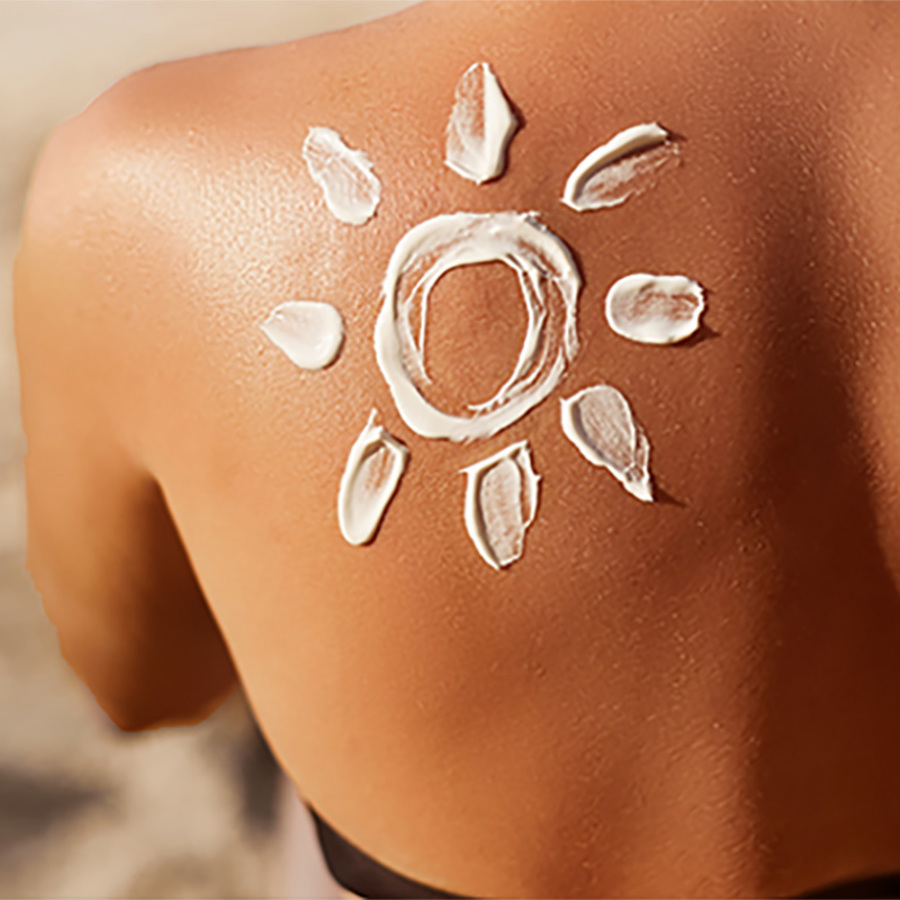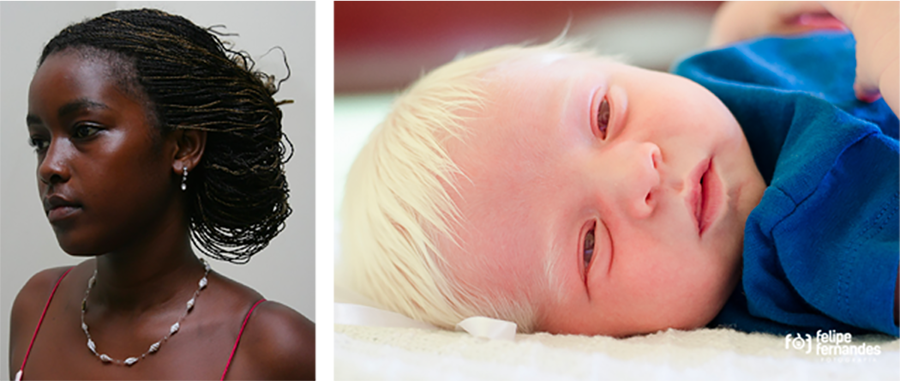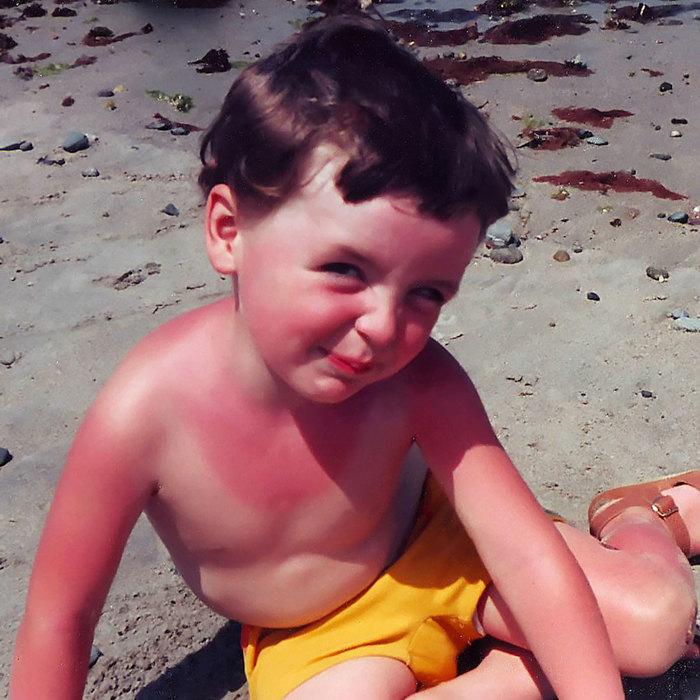
Does the ability to tan/burn have something to do with genetics?
March 18, 2020

- Related Topics:
- Pigmentation traits,
- Skin pigmentation,
- Environmental influence,
- Complex traits
A middle school student from MA asks:
“Does the ability to tan/burn have something to do with genetics?”
With summer time approaching, many of us turn our thoughts to beaches and summer tans. And yes, to some extent, genetics certainly does have something to do with the ability to tan/burn!
There are two main factors that matter here: your natural skin color, and how your skin responds to sunlight.
Natural skin color
Human skin has a wide range of colors. Usually, an individual’s skin pigmentation results from a combination of genetic factors and exposure to sun.
In humans, a pigment called melanin is the primary determinant of skin color. People that produce more melanin will have darker skin. On the other hand, people with lower concentrations of that pigment will have fair skin.
Melanin is produced by cells located in the skin called melanocytes. In general, humans have a similar concentration of melanocytes in their skin. But some individuals’ melanocytes produce larger amounts of pigment and some people’s produce very little. This is why we all have different skin colors!
We are still working on finding out more about the genetic mechanisms underlying natural skin color. So far scientists have identified more than 20 genes that have a major effect on skin color variation in people!1 Dozens more are known to affect melanin production in some way.2
Different populations have different variations of these genes, at varying frequencies. The combination of these gene variations results in different amounts of melanin in the skin. That leads to the multiple skin colors that we can see around us.

Skin response to sunlight
So what does melanin do? Melanin effectively absorbs light.
In fact, it is able to dissipate over 99.9% of absorbed UV radiation. This means that the pigment can shield skin from harmful sun rays. Darker-skinned people are naturally more resistant to the harmful effects of sunlight.
As you might know, UV radiation can cause skin cancer. It makes sense, then, that people with more concentrated melanin have a lower incidence for skin cancer.
Beyond just damaging your skin, UV radiation also triggers the production of melanin. This causes the skin to darken, protecting it against future UV radiation. That’s how people tan!
People with darker skin are more likely to tan than to burn. Their skin is already primed to make melanin.

But what does genetics have to do with all of this?
There are genetic factors related to how your skin responds to sunlight. Some genes affect the body’s ability to create melanin in response to sun exposure.
A new study3 looked at nearly 200,000 people to see how well they tan. It included a wide range of people, from people who never tan to people who never burn. Keep in mind that people can tan and burn at the same time!
In this study researchers found 20 genes related to tanning. About half of them were genes previously known to be important for skin color. But others had never before been associated with pigmentation!3
We can conclude that genetics has an impact on skin color. This includes genes related to both your natural skin color and your skin’s response to sunlight. And the latter are the ones that play a role in controlling whether you are more likely to burn or to tan. Moreover, a good percentage of those might also be involved in skin cancer.3
Although genetics can be an important factor, the problem of sunburn is easy to solve by behavioral changes like using sunscreen to enjoy the sun safely!

Author: Marina Sumarroca
When this answer was published in 2020, Marina was a student in the Stanford MS Program in Human Genetics and Genetic Counseling. She wrote this answer while participating in the Stanford at The Tech program.
 Skip Navigation
Skip Navigation
